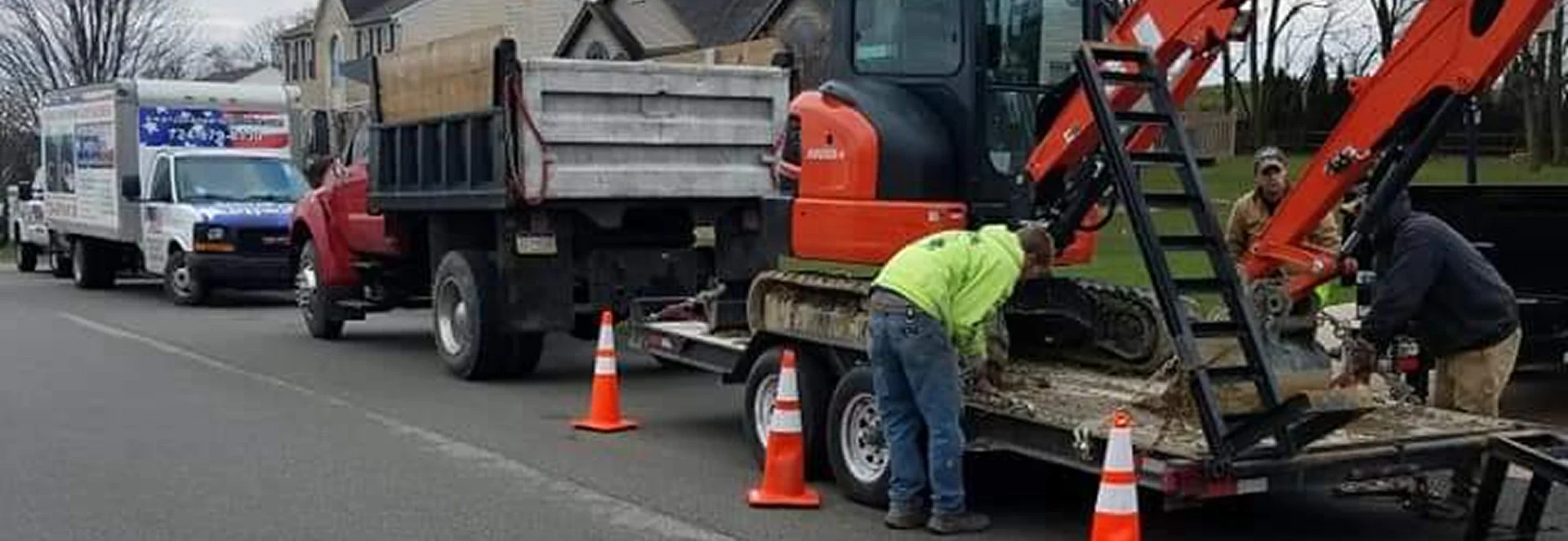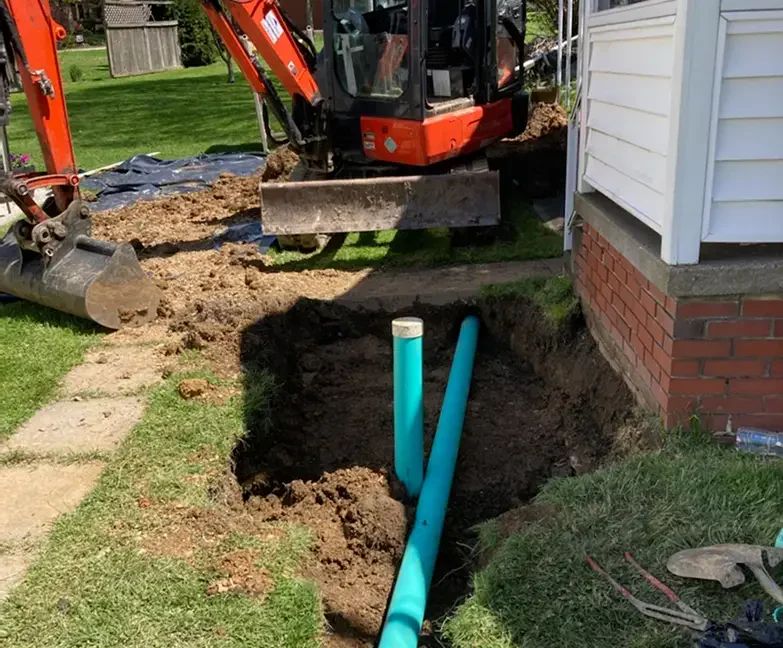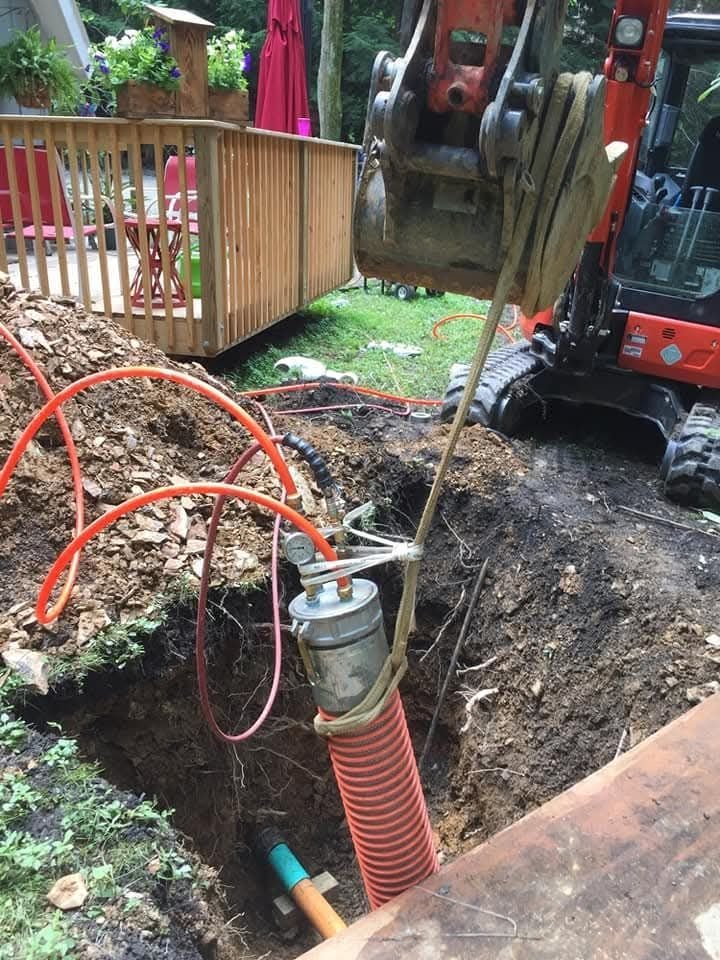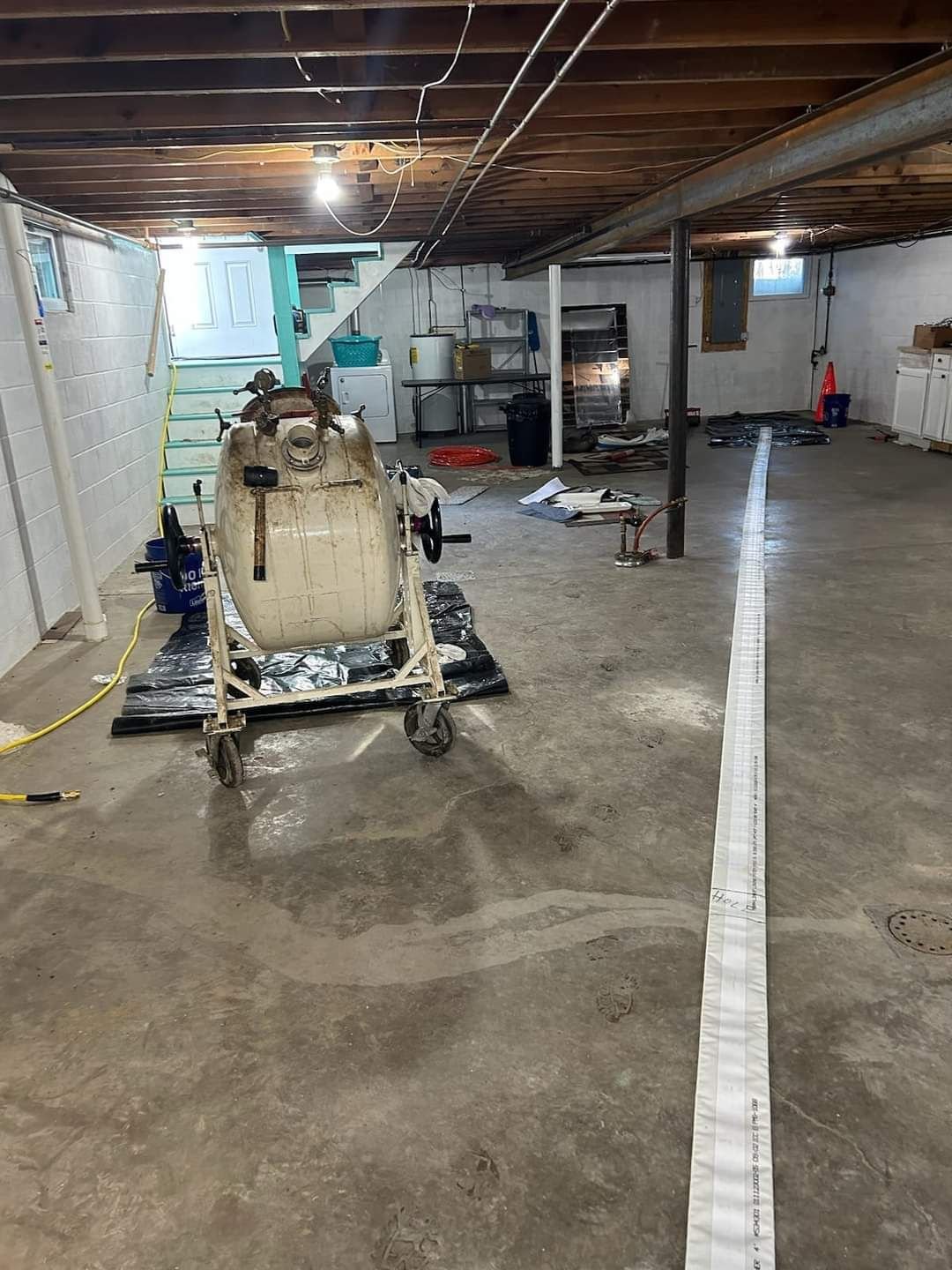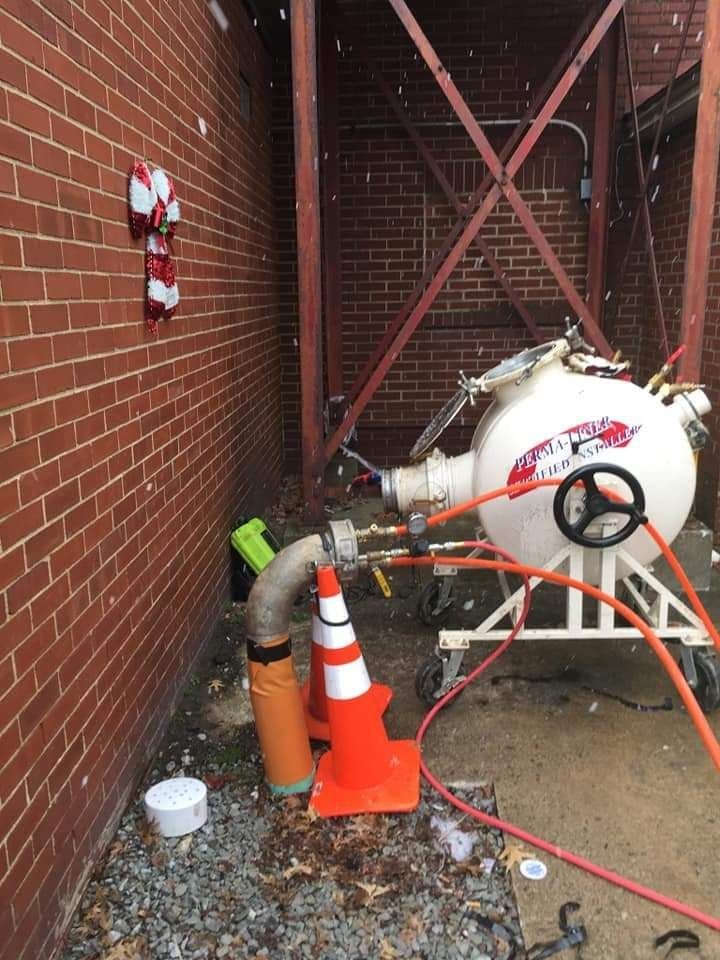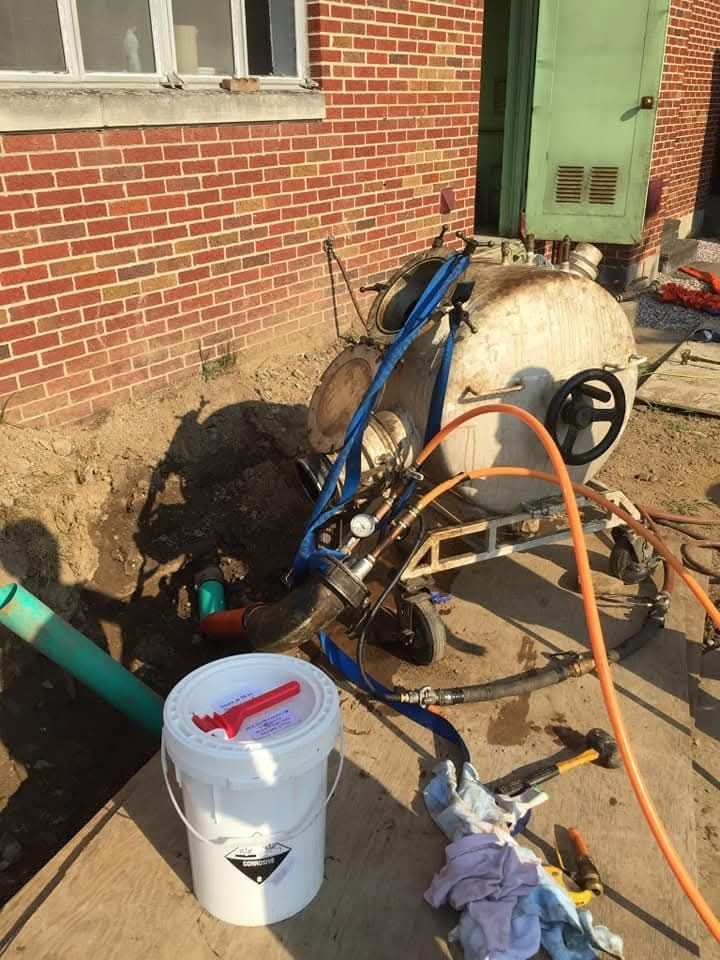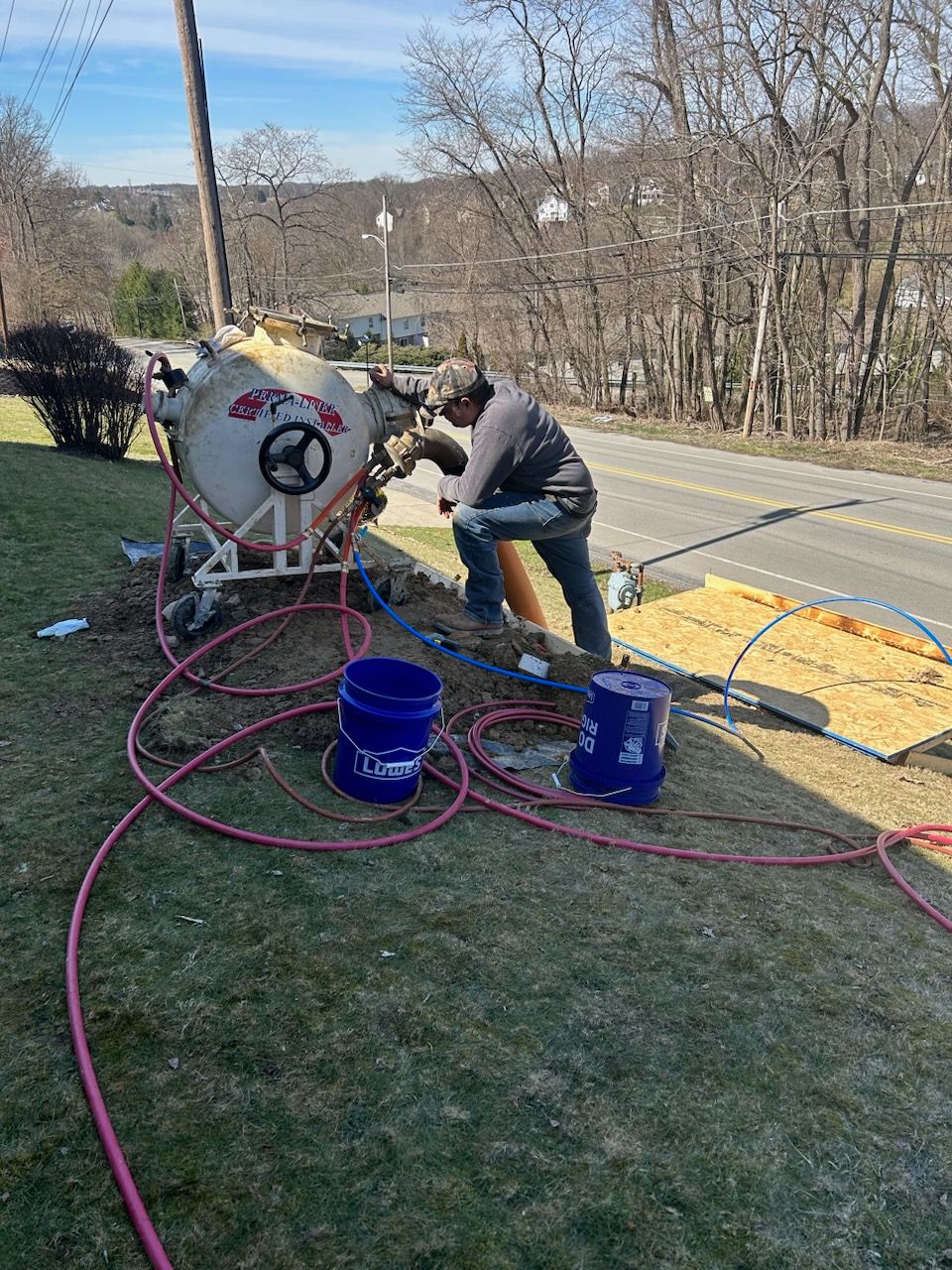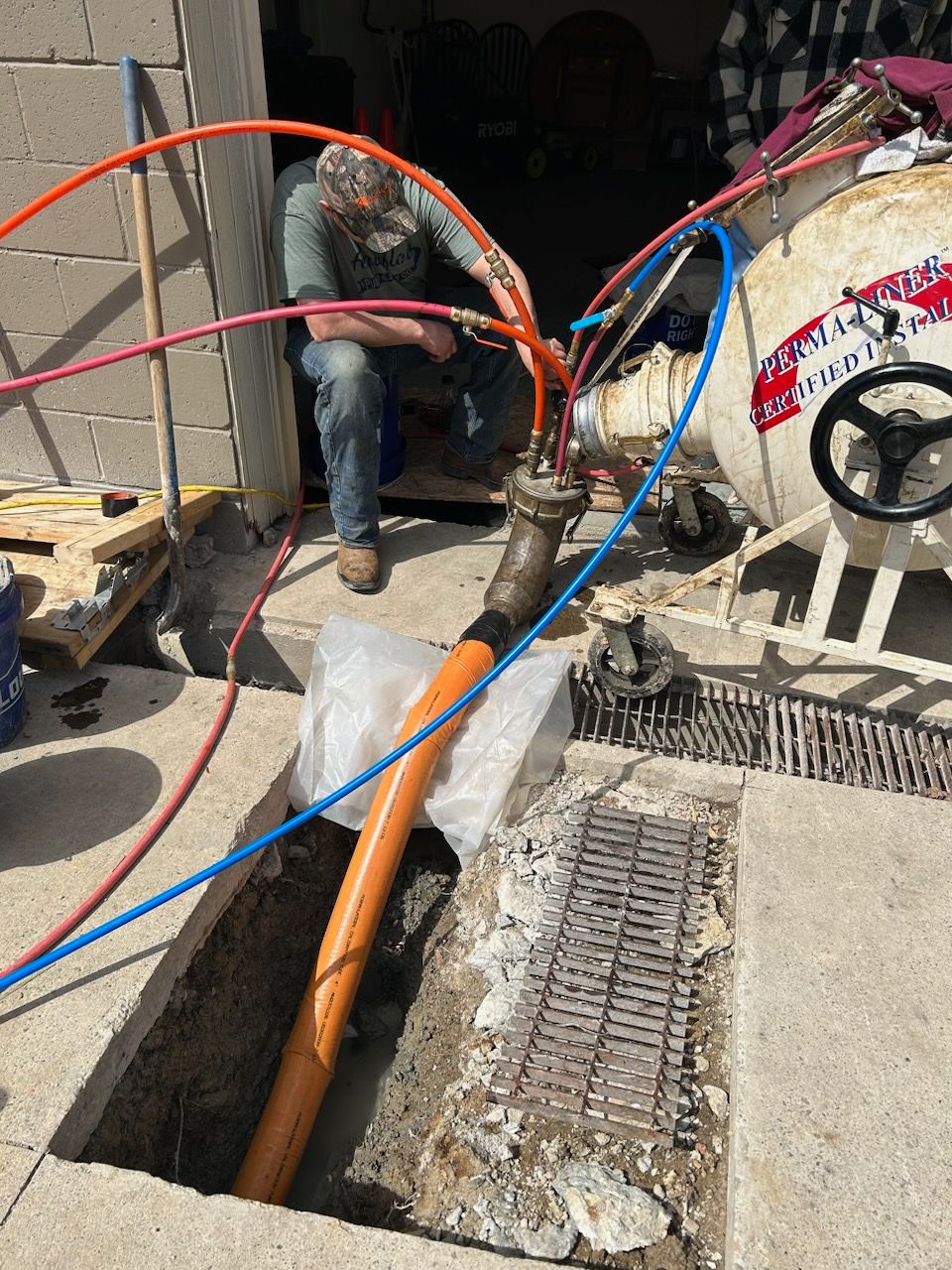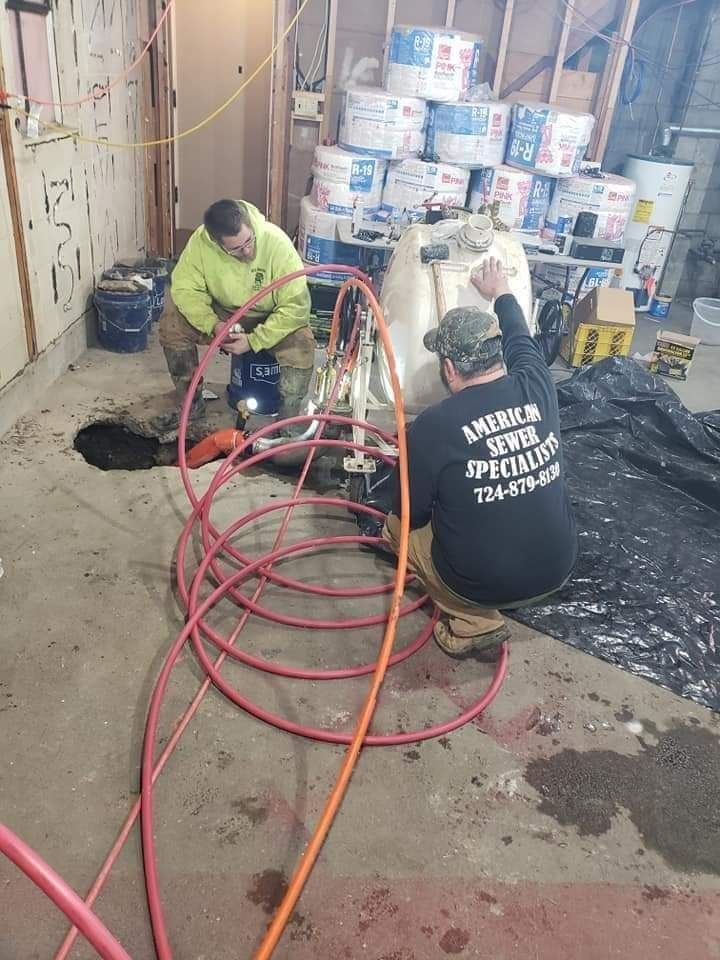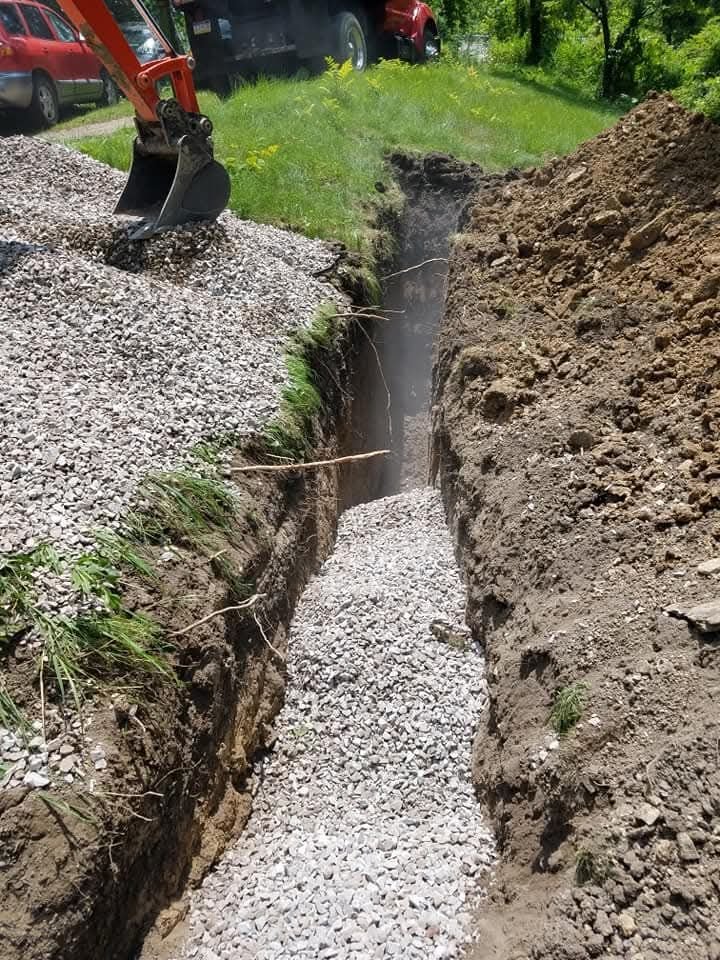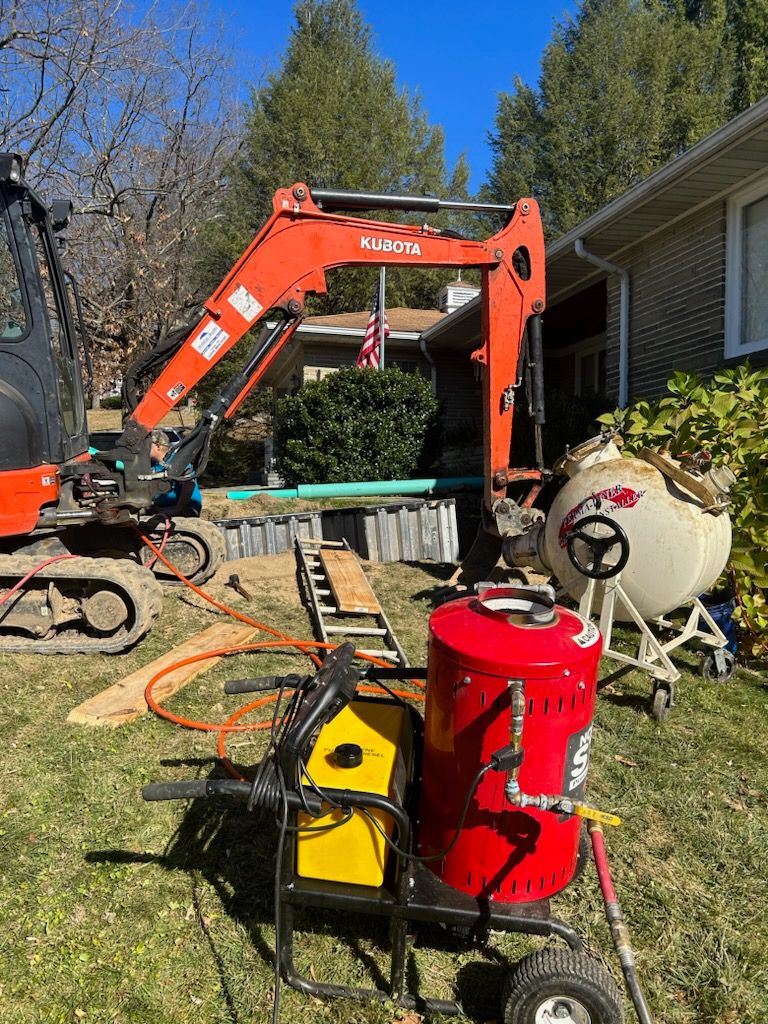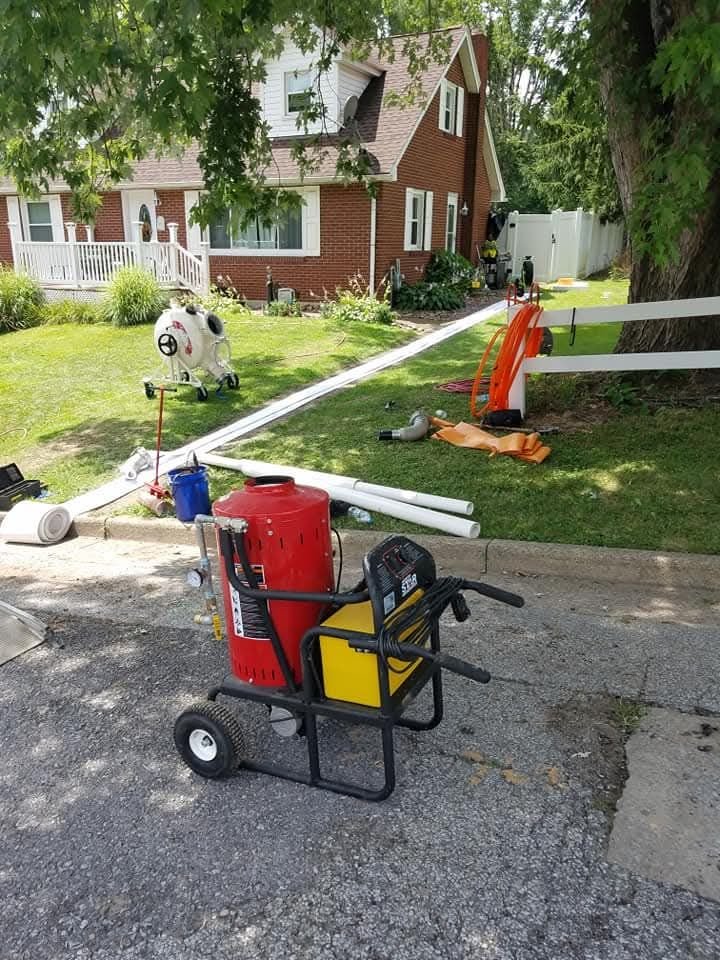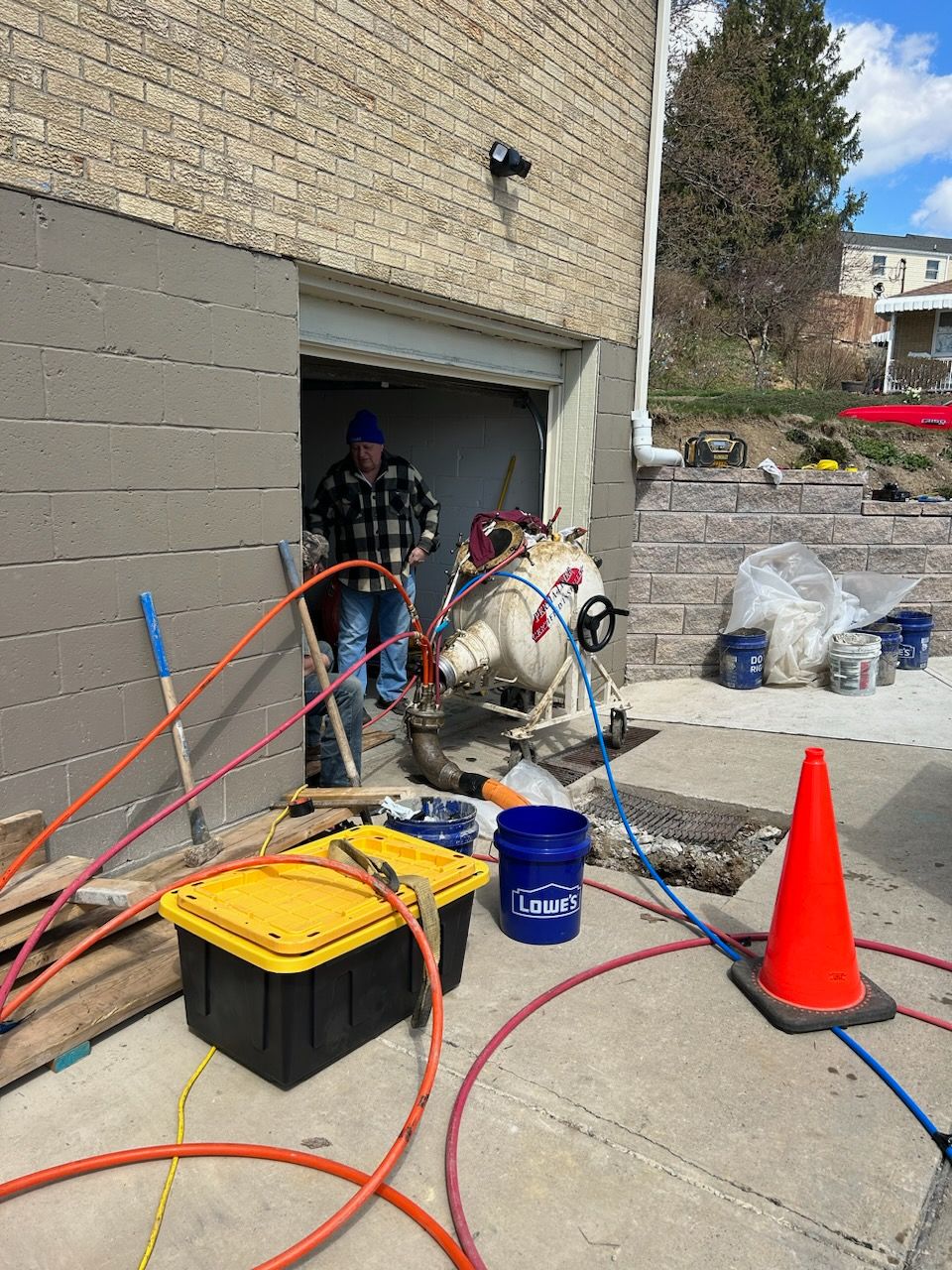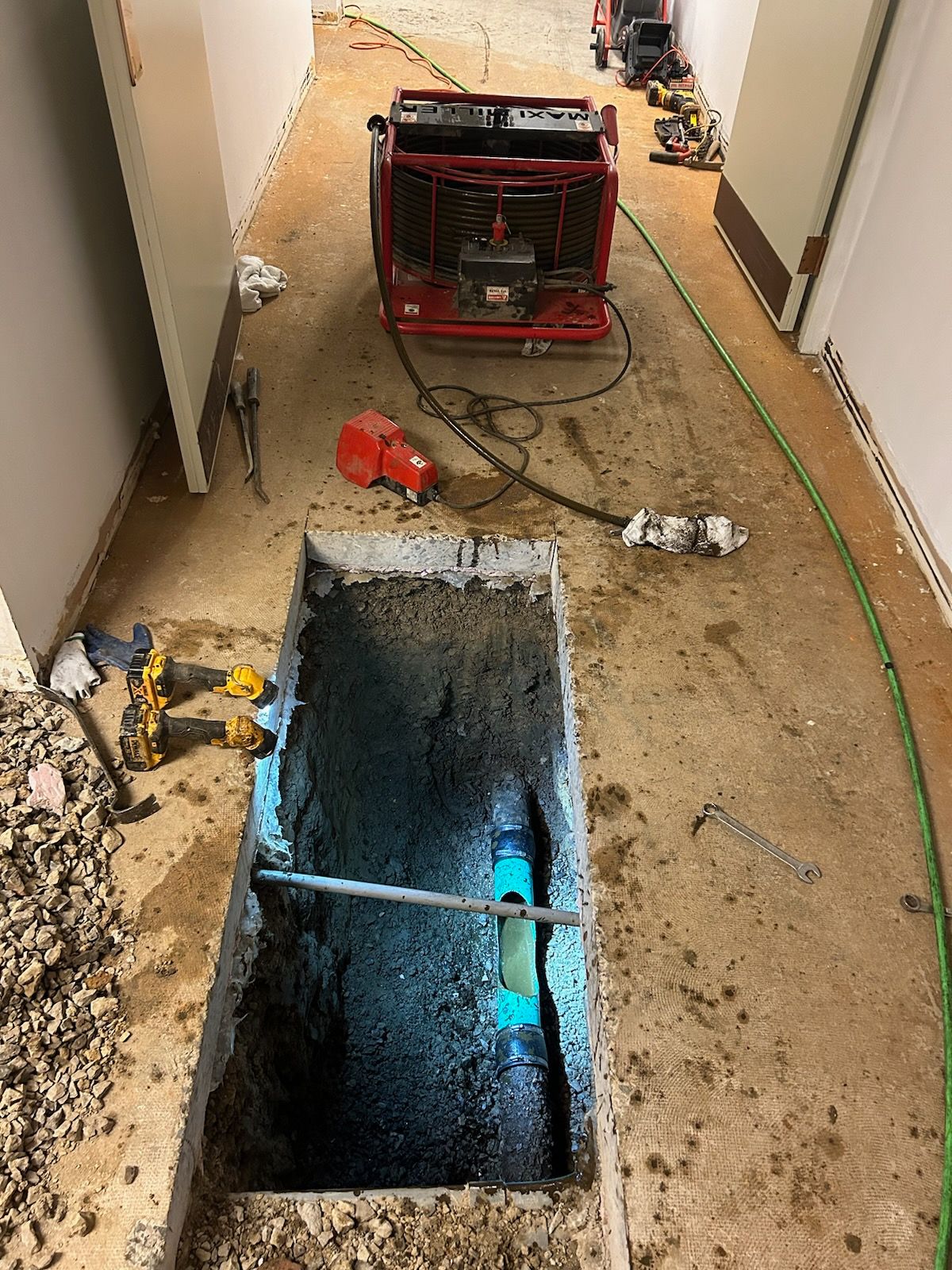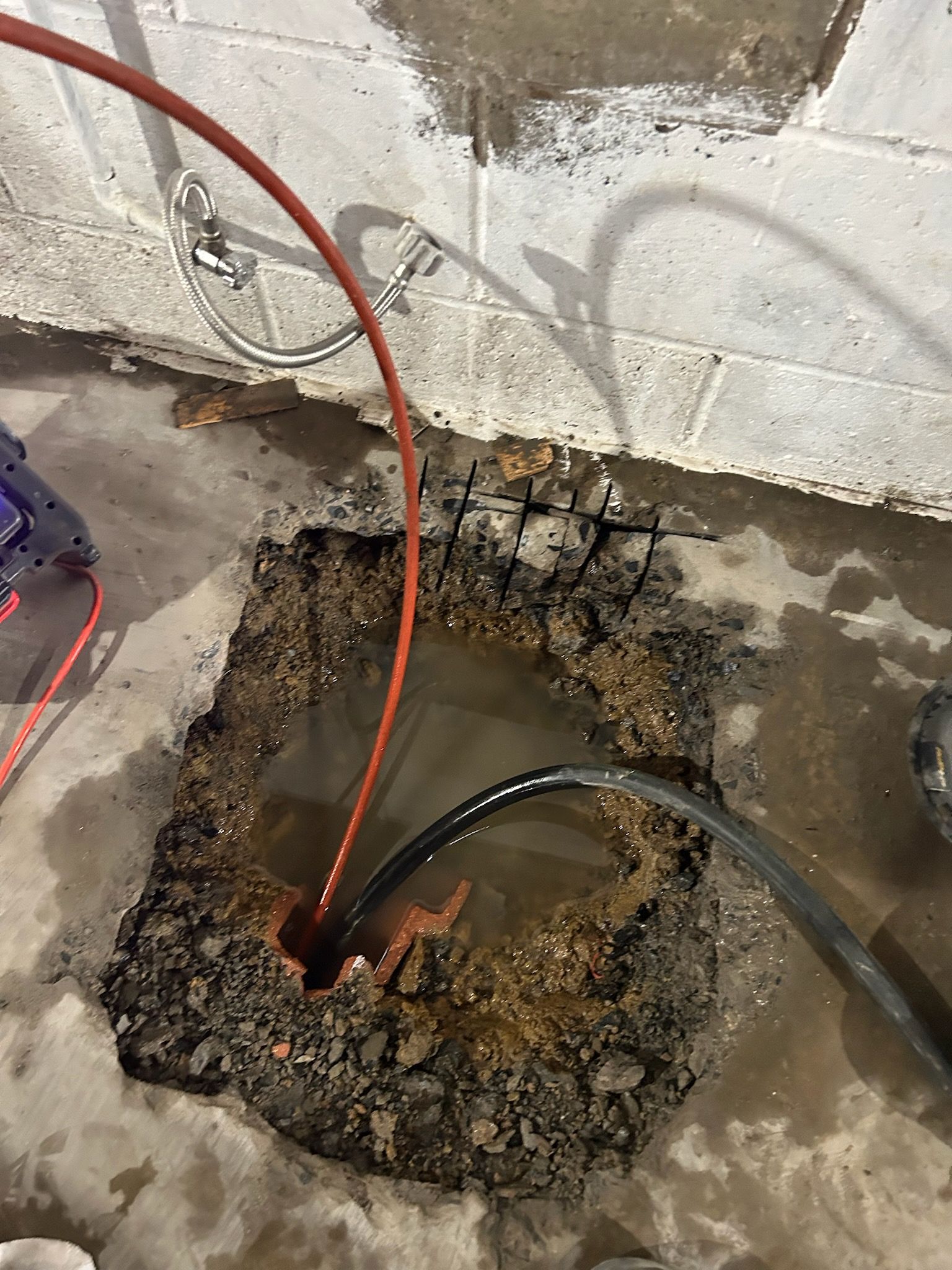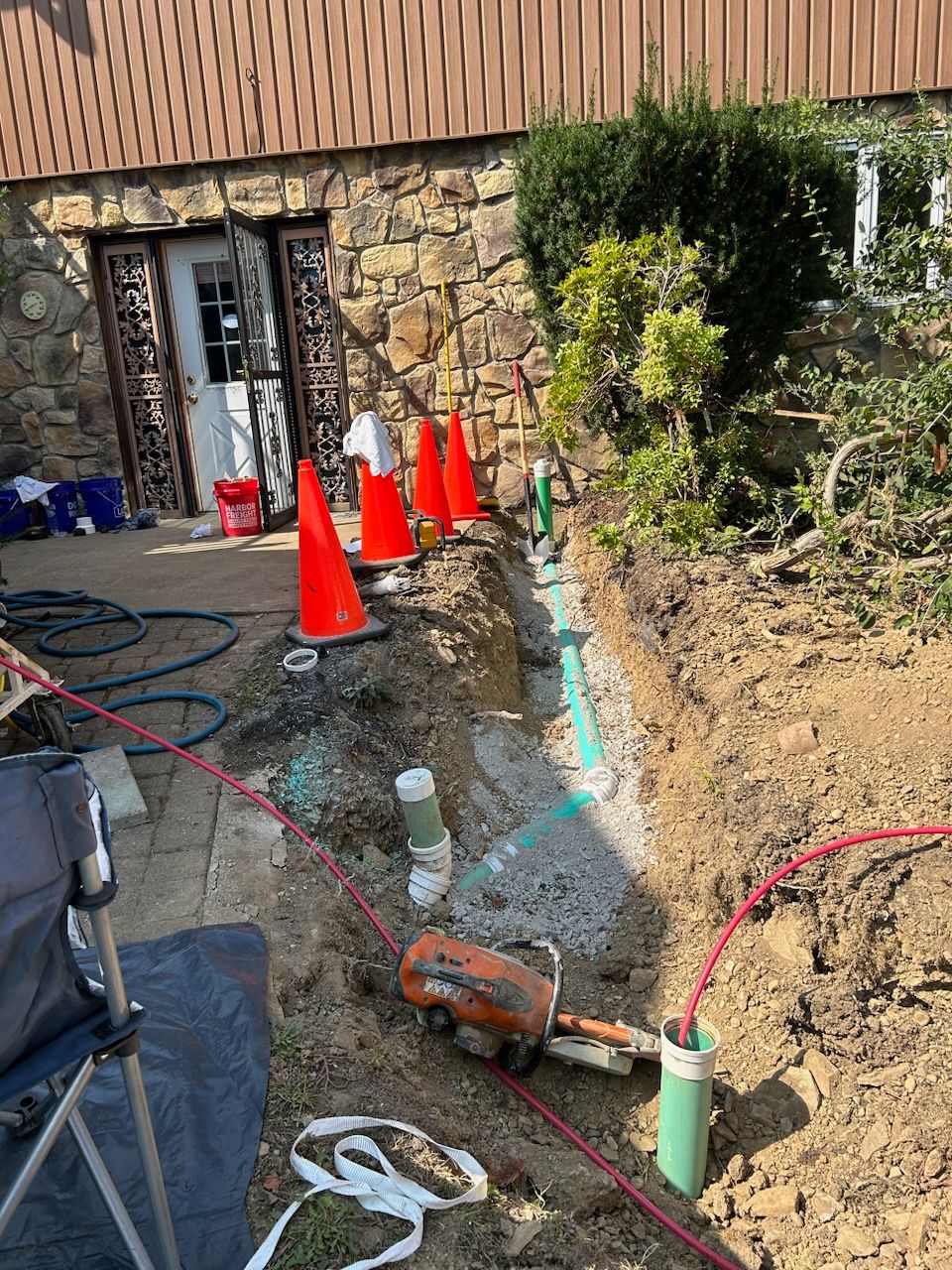America is one of the most successfully developed countries in the world. As a result of our wealth and technology, we have access to a number of basic amenities that developing and third world nations would consider luxuries, the most obvious of which are our sewer systems. Every day, an estimated 34 billion gallons of wastewater are whisked along sewer lines and processed at wastewater facilities — that is, if the pipes are well-taken care of.
In the case of South Fulton County, Georgia, they were not. After a sewer pipe burst on Christmas Eve under the weight of heavy soil, another followed suit. Now, more than 18 million gallons of raw sewage has overflowed from two creeks in South Fulton, offending the noses of residents in the area with a foul stench.
“We don’t normally have so many spills,” said David E. Clark, the director of Fulton County Public Works. “The concrete pipe collapsed under the weight of the saturated soil.”
Clark claimed that too much rain and sulfuric acid in the soil weakened the concrete pipes and led to their current predicament. Environmental authorities stated that the spill was the worst the state had seen in over five years, and the residents were not happy about it. Homeowner Harriett Dawson summarized her thoughts quite succinctly: “That’s not good,” she said. “That’s not healthy.”
Though the Fulton County Public Works are now focusing on sewer repair (they plan to install new, stronger pipes and have added a chemical to a pumping station to diffuse the odor), the shocking — and disgusting — amount of raw sewage overflow serves as a lesson to any homeowners, businesses, and even counties that are considering neglecting the health of their sewer pipes and sewer pipe lining to save a buck. Though no homeowners in the area have had to deal with sewage flooding in their own backyards (at least, not yet), the possibility is a very real one.
Consider this story a reminder to schedule a routine sewer line inspection; camera inspections can help identify problems before sewer repair is needed, and could save your nose from unnecessary agony.
Categories
Related Posts
